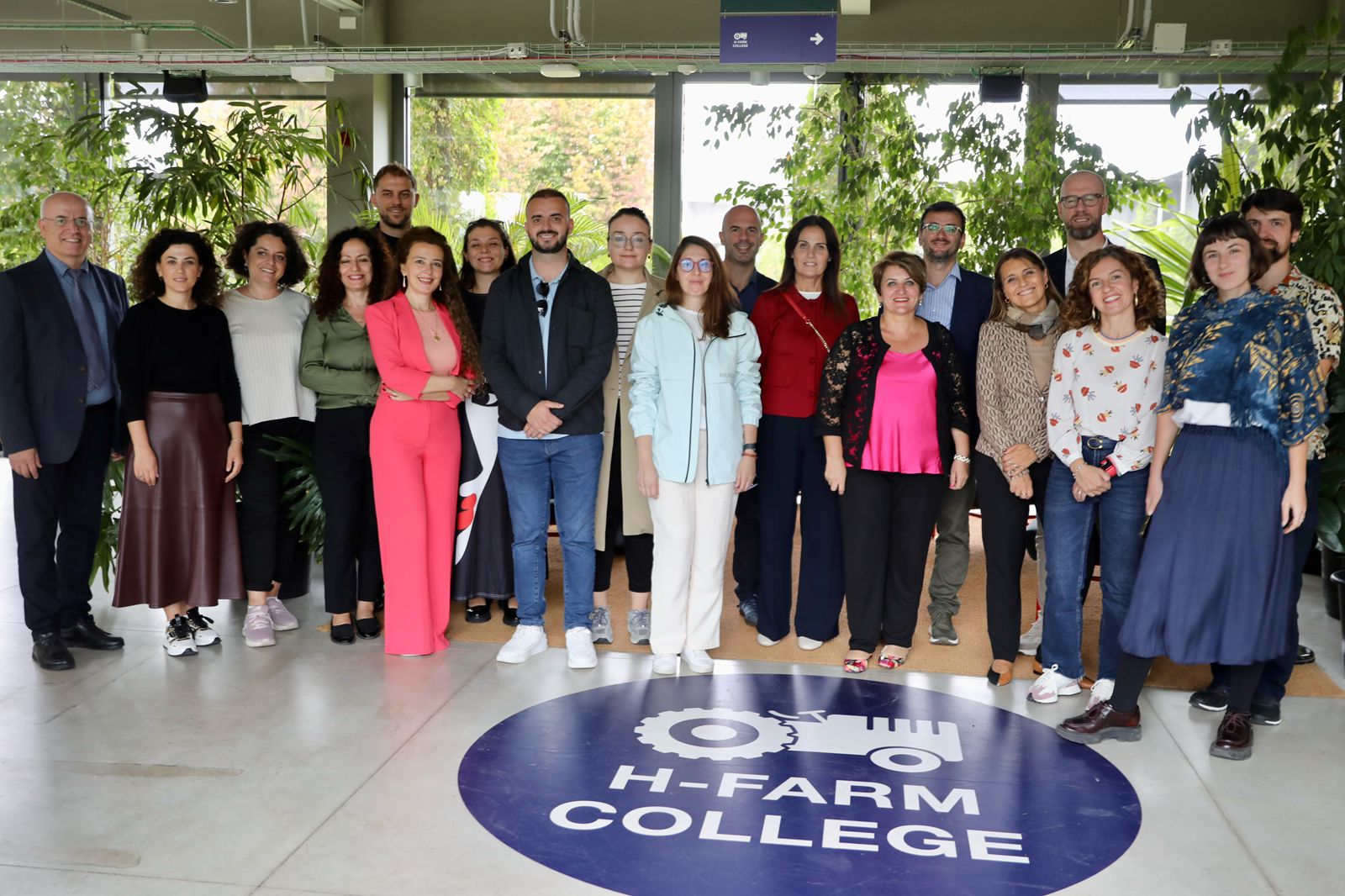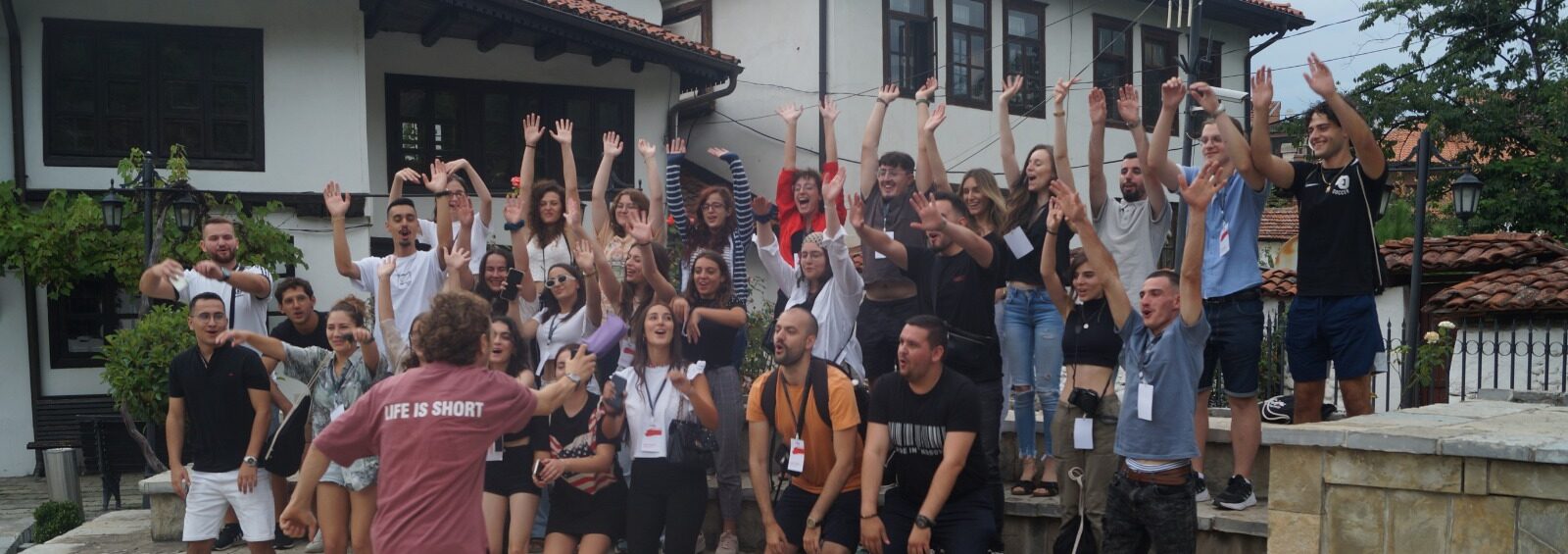On Thursday, a Regional Conference on Migration and Development: Enhancing Regional Youth Mobility was held in Prishtina, with 40 participants discussing the possibilities of mobility and exchange among young people in the Western Balkans.

During this conference, researchers from the Western Balkans presented their findings on migration. Six first-generation “fellows” from Kosovo, Montenegro, and North Macedonia conducted the research after completing a 10-day exchange program in their respective countries. They shared their professional experiences in neighbouring countries, among other things. For everyone without distinction, this was the first experience of this nature in the capital of a neighbouring country.

Lirim Krasniqi, co-director of GERMIN, presented to the audience the biggest challenges regarding migration in the region.
“As for the migration of young people, the numbers speak for themselves. 1/5 of the region’s population live outside their hometown “
Krasniqi also introduced six regional fellows, emphasizing the importance of such projects for inter-regional cooperation.
Krasniqi also introduced six regional fellows, emphasizing the importance of such projects for inter-regional cooperation.
Fjordi Bisha, Project Manager at the Western Balkans Fund, stated that migration has shaped everyone’s life in the region. According to Bisha, the Western Balkans Fund tries to provide opportunities to solve the issue of migration.
“We try to lend a helping hand, and working with GERMIN and their partners in this project has shown us that we have potential”
According to Anne-Sophie Houee, Team Leader for Social Development, EU Office in Kosovo women and men in the region face different challenges, but what they have in common is the lack of jobs.
“This project is an example that young people can be at the head of politics. This is because young people are the main source of the region. We have to work together”, said Sophie Houee.

Jovan Jablan presented his research on the migration of young people in Kosovo, which revealed that, aside from financial reasons, education is one of the main reasons why most young people want to leave. His research’s recommendations suggest that the government should implement a concrete plan to reduce the level of migration among young people.
Miljana Rakocevic presented her research on the ‘brain drain’ from Montenegro. The high rate of unemployment, corruption, and nepotism are some of the main reasons why young people in Montenegro want to leave. This research suggests that the Government of Montenegro contribute to the development of a more creative education system.
Srgjan Karanfilovski, another fellow, presented his research on Kosovar migration with a focus on human rights.
Arta Haxixhemajli presented her research results on the flight of doctors in North Macedonia. This research has revealed, among other things, that Macedonian doctors are planning to migrate to Germany. According to her research, the government of North Macedonia should take the flight of doctors seriously and find them jobs in hospitals and clinics.

A panel discussion with interest groups was held during this conference where it was discussed the opportunities that the young people of the Western Balkans have for educational, social and cultural exchanges with each other.
This conference was organized by GERMIN in collaboration with the Center for Local Support and Regional Development and the ESTIMA Association, supported by “Support to Civil Society Regional Actions in the Western Balkans”, a grant scheme from the Western Balkans Fund and the European Union.
Below you can read five research from our fellows:
Jovan Jablan, Montenegro, “Migration Governance of Kosovo – with focus on youth
Miljana Rakocevic, Montenegro, “Youth Brain Drain in Montenegro”
Srgjan Karanfilovski, North Macedonia, “Human-Rights Based Migration Governance”




